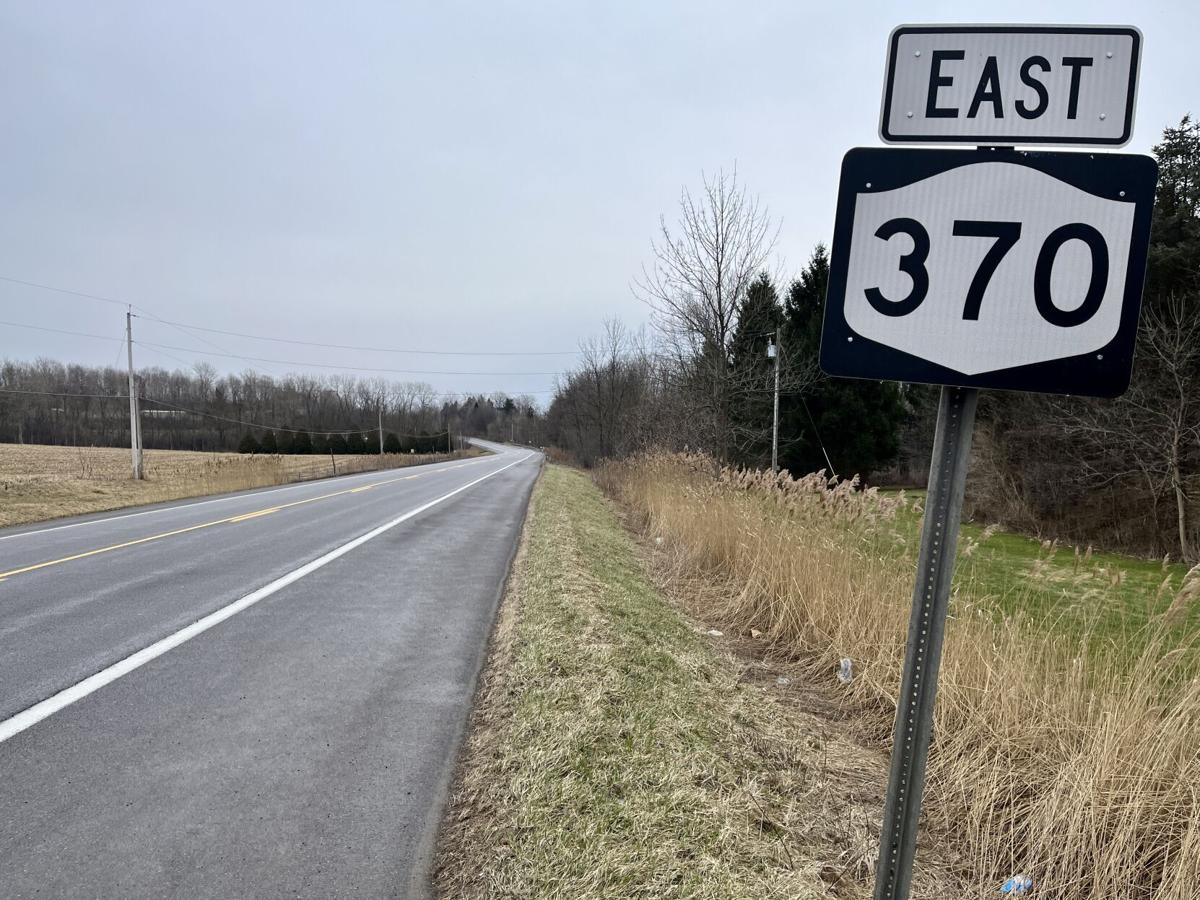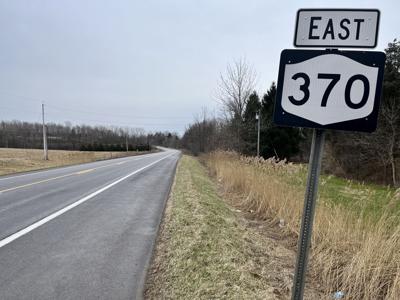Stephen Lynch is optimistic that Cayuga County will have success attracting companies that will supply the planned Micron microchip fabrication plant in neighboring Onondaga County. But even if none directly tied to the massive project in Clay come to Cayuga County, he knows the work that local officials to prepare will pay off.
Lynch, Cayuga County's planning and economic development director, is heading a local Micron-focused subcommittee focused on site selection and development.
One of four subcommittees established by a broader coalition of city of Auburn and county officials and business leaders in response to the Micron announcement last fall, Lynch's group is gathering and mapping property data with an eye toward potential acquiring and developing sites that will have just about everything a chip fabrication plant supplier could need.
"This has really been a catalyst for amping up the level of focus and communication across the board," Lynch said.
People are also reading…
Micron in October announced plans to invest $100 billion over 20 years to build a chip plant in Onondaga County, with work expected to start in 2024. They have estimated creating 9,000 new jobs at the facility, along with about 40,000 more jobs in supporting industries.
The Cayuga County site selection/development subcommittee is focused in on what Lynch described as the "Micron corridors." That term refers to main roads that easily connect from the Micron site at the White Pine Commerce Park in Clay to Cayuga County. Those include state Route 370 that runs through the town of Cato, state Route 31 that comes into Brutus, the New York State Thruway, and then down state Route 34 from Weedsport to Auburn.
Along Route 34 and in the city of Auburn, Lynch said there are several sites that already have key infrastructure, such as water and sewer service that can accommodate large-scale commercial operations and broadband. He said the city of Auburn in particular is well-positioned because it has 9 to 10 parcels that could work well, and it owns several of them.
"The city staff really was the key in identifying those parcels," Lynch said.
The Auburn sites generally range from three or four to about 20 acres, which suits certain supply chain companies. But there's also a need for much larger sites, from 100 to 400 acres, and that's where the land on the corridors outside the city comes into play.
Lynch said the committee has been assessing parcels using mapping tools to overlay data on criteria such as public transportation and rail access, broadband service, water and sewer capacity, land use zoning, wetlands and soil types.
The areas along the Route 31 and Route 370 corridors do have challenges in those areas, Lynch said, but he's hopeful that the deep dive into the data and what can be done to get sites ready will pay off.
"I don't think there's an abundance of sites that collate all those factors together into perfect sites, but I think will be able to identify maybe one to five sites that are promising from analysis point of view," he said. "And then of course factored after that is, do we have willing sellers. And after that is the financing of such undertakings."
Because of the likely need for negotiations on land acquisitions and the nature of economic development discussions, the site selection subcommittee is small, at just six members, by design, Lynch said.
"It's kind of confidential work," he said.
The subcommittee got together for the first time late last year. It had four meetings in January and February, and another one last month. Lynch stressed that the meetings are taking place when the work discussed at previous sessions has been done, and there's a reason to meet again. "We're not meeting just to say we had a meeting," he said.
Some of the sessions have also includes officials from CenterState CEO, the central New York economic development agency, and Empire State Development Corp., the state's entity. Lynch has also had discussions with facility developers at Micron "to better understand what they look for in supply chain facilities."
Lynch is optimistic about what he's seen so far, and he's excited about the level of engagement the Micron opportunity has created among counties in central New York, and within the county among public and private sector leaders.
"That's one of the real assets that's coming from Micron," Lynch said. "Whether or not Micron comes and says 'We've got XYZ Company that's perfect for Cayuga County,' of course we would love for that to happen and we think it will happen, but even if it doesn't, the work that's being done in light of these opportunities is going to pay dividends for Cayuga County for a long time."
Micron CEO Sanjay Mehrotra speaks during Tuesday's press conference to announce plans for the largest microchip manufacturing sites in the United States to be located in Onondaga County.
Jeremy Boyer can be reached at (315) 282-2231 or jeremy.boyer@lee.net. Follow him on Twitter @CitizenBoyer















